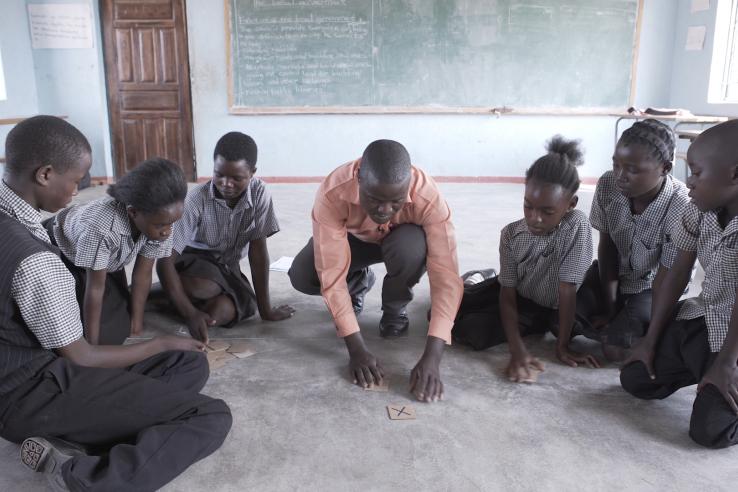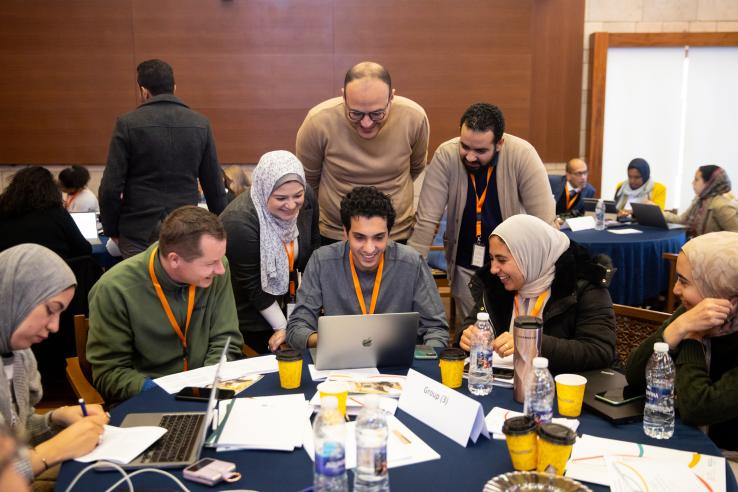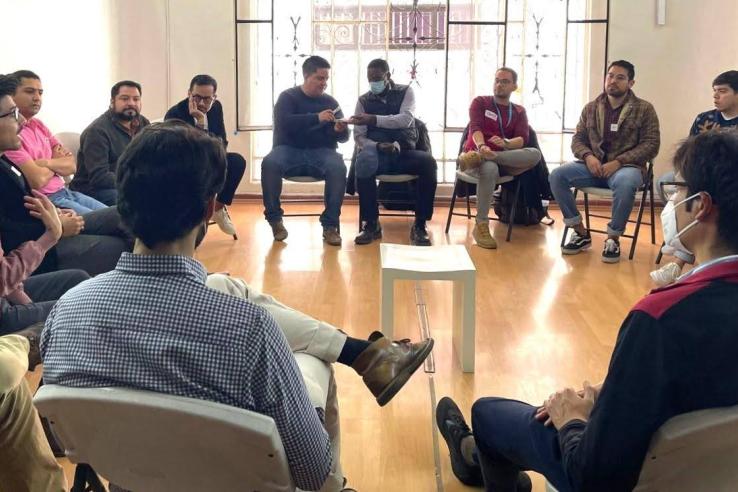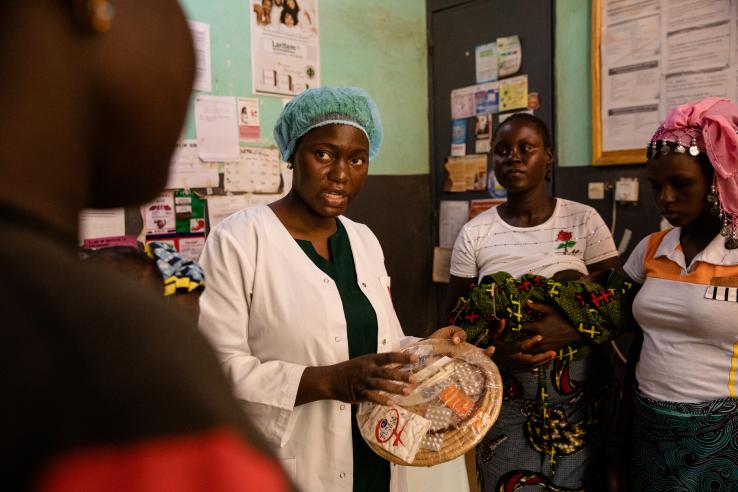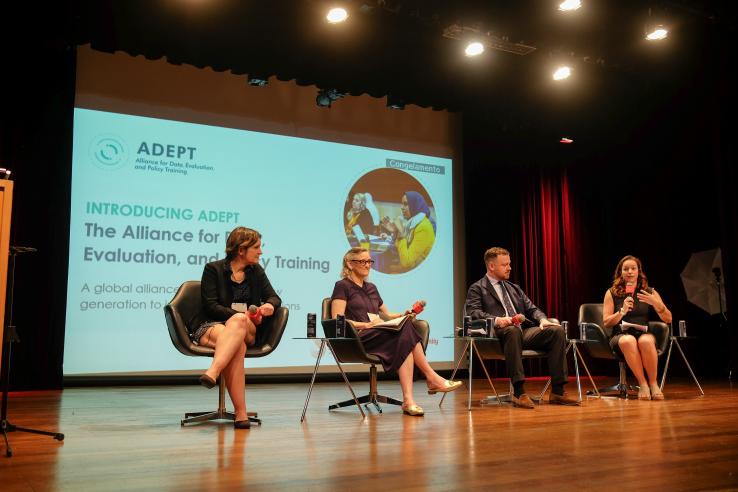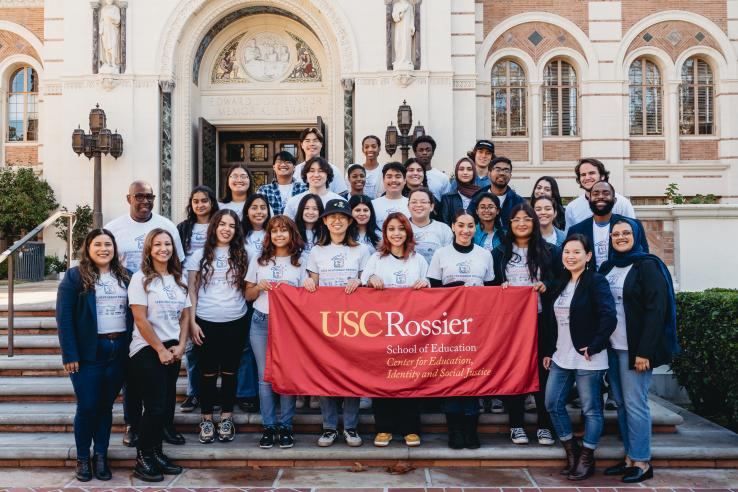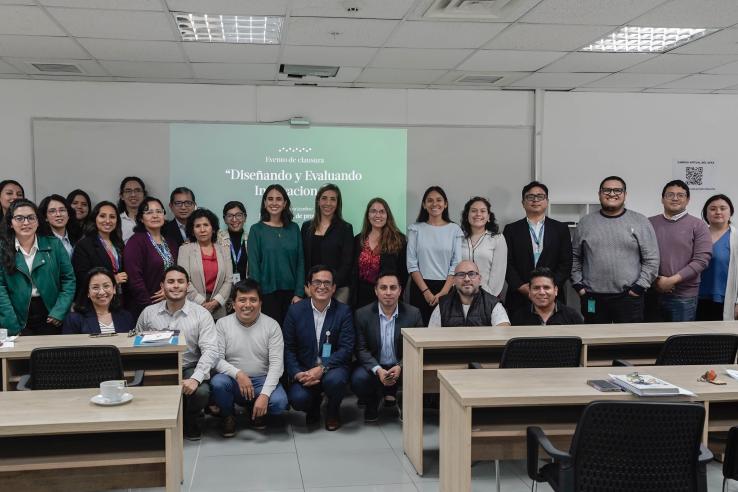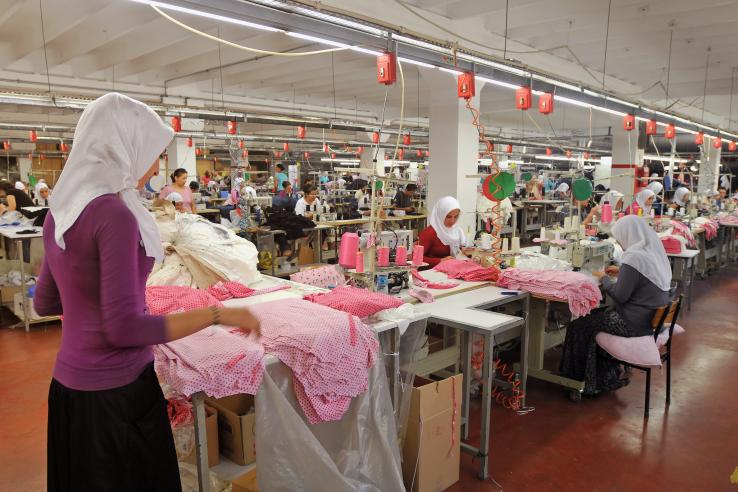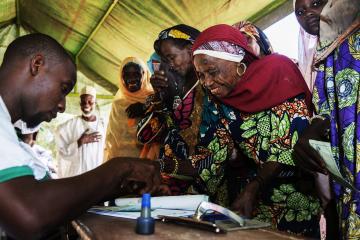Displaying 3196 - 3210 of 8491
Blog
Over the past two decades, J-PAL and members of our research network worked closely with USAID on many projects to design, pilot, and evaluate innovative solutions; scale up those found to be effective, scale down those that do not work; and widely share the learnings.
Event
A peer-to-peer learning event (co-hosted by EIL and ETF) that combines high-level policy dialogue with practical technical training to build sustainable evidence ecosystems in education and employment.
Blog
Our work at J-PAL Latin America and the Caribbean (LAC) is made possible by the close collaboration with and dedication of many governments across the region who recognize the importance of using data and evidence to improve social programs and public policy. We will translate some lessons of this...
Blog
In our new postdoc alumni spotlight series, we spoke with Alipio Ferreira, J-PAL '23, about his experience as a postdoctoral researcher at J-PAL Latin America and the Caribbean.
Update
J-PAL Updates
The March newsletter reflects on the end of USAID, clean air and water access in Egypt, and supporting public safety in the US.
Evidence to Policy Case Study
Case study
An evidence-based family planning campaign delivered via mass media was scaled up across Burkina Faso, reaching 80 percent of the country’s population, and adapted in seven countries in southern and eastern Africa.
Update
J-PAL Updates
ADEPT brings together universities, governments, and other members to empower the next generation of policymakers with the tools to innovate, test, and scale effective social policies and programs.
Blog
In celebration of the International Day of Women and Girls in Science on February 11, 2025, J-PAL Africa hosted an Ask Me Anything session with J-PAL affiliated professor Danila Serra on X, formerly Twitter. Below, we share highlights from this engaging conversation about her research on gender...
Update
J-PAL Updates
J-PAL North America's March newsletter features an opening letter from leadership which discusses the value of rigorous, policy-relevant research citing studies by J-PAL affiliates that have informed policies on health care, housing, and employment in the United States.
Blog
Rigorous research plays an essential role in identifying which policies are achieving their intended goals. As leaders of a non-partisan research center, J-PAL North America believes in the power of data and evaluation to understand whether policies are working—and to course correct when they are...
Blog
J-PAL staff, the Youth Development Department (YDD) of the City of Los Angeles, and the University of Southern California (USC) explore how they established their research collaboration for evaluating the Student Engagement, Exploration, and Development in STEM (SEEDS) program.
Update
J-PAL Updates
The Abdul Latif Jameel Poverty Action Lab Middle East and North Africa (J-PAL MENA) at The American University in Cairo (AUC) celebrated its fifth anniversary today. This marks five years of harnessing the power of evidence to design cost-effective and large-scale policies that address poverty and...
Blog
In Latin America and the Caribbean (LAC), government-led social programs hold the highest potential to drive meaningful change. The J-PAL LAC office partners with governments across the region, working to expand the use of rigorous evidence in shaping public policy. Along the way, we’ve gathered...
Blog
The private sector is a fundamental force for driving global prosperity. For corporations and investors, there’s enormous opportunity in low- and middle-income countries’ growing markets and talent. What’s less clear is how to partner most effectively for maximum impact: How can multinationals...
The Evidence Effect
Cash and voucher assistance helps people affected by crisis meet their basic needs and improve food security.
